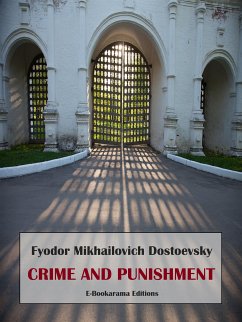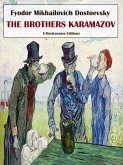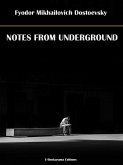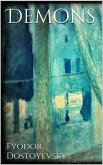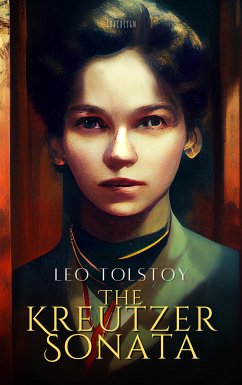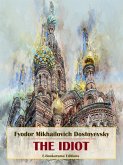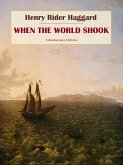"Crime and Punishment" is the best known work of Fyodor Mikhailovich Dostoevsky, one of the founders of the modern novel. "Crime and Punishment" tells the story of redemption. This novel deals with the question of responsibility for the actions of each individual, background of struggle between God, morality and the theory of the Superman.
In "Crime and Punishment", Dostoevsky treats the problem of crime and the criminal mentality. He is not interested in the social aspects of criminal behaviour, and there is little said in the novel about the legalities of crime. Dostoevsky has an interior view of criminality, a conviction that crime and its inevitable punishment are deeply seated aspects of the human spirit.
Raskolnikov, the main character, is a former student who had to interrupt his studies for lack of money. Solitary dreamer, Raskolnikov rejects collective morality. He considers himself an extraordinary man and wants to test the limits of his freedom by doing evil and transgression of the moral order. He even consider themselves entitled to commit a crime, and even kill for the good of humanity in the name of a higher purpose. But the act does not go as planned: it kills the old woman, but he also murdered his sister. Raskolnikov resembles more and more to others, to those who obey common morality, the morality of obedience, and for this reason he despises. Meanwhile, he meets Sonia, a young prostitute, who is committed: Sonia sells her body to cope with their misery. Raskolnikov confesses his crime to Sonia, who pushes him to engage in the policy. He was sentenced to deportation to Siberia.
In "Crime and Punishment", Dostoevsky treats the problem of crime and the criminal mentality. He is not interested in the social aspects of criminal behaviour, and there is little said in the novel about the legalities of crime. Dostoevsky has an interior view of criminality, a conviction that crime and its inevitable punishment are deeply seated aspects of the human spirit.
Raskolnikov, the main character, is a former student who had to interrupt his studies for lack of money. Solitary dreamer, Raskolnikov rejects collective morality. He considers himself an extraordinary man and wants to test the limits of his freedom by doing evil and transgression of the moral order. He even consider themselves entitled to commit a crime, and even kill for the good of humanity in the name of a higher purpose. But the act does not go as planned: it kills the old woman, but he also murdered his sister. Raskolnikov resembles more and more to others, to those who obey common morality, the morality of obedience, and for this reason he despises. Meanwhile, he meets Sonia, a young prostitute, who is committed: Sonia sells her body to cope with their misery. Raskolnikov confesses his crime to Sonia, who pushes him to engage in the policy. He was sentenced to deportation to Siberia.

